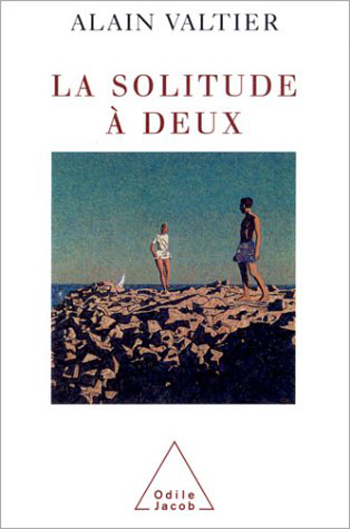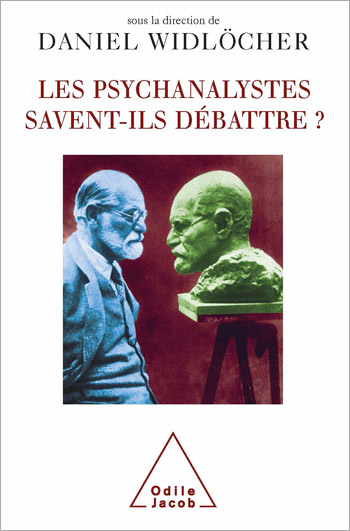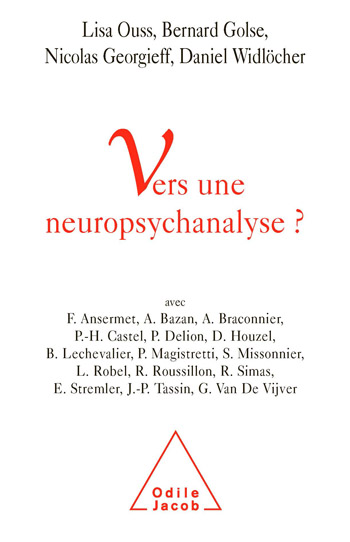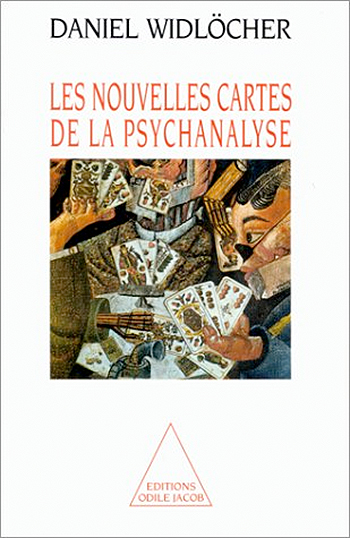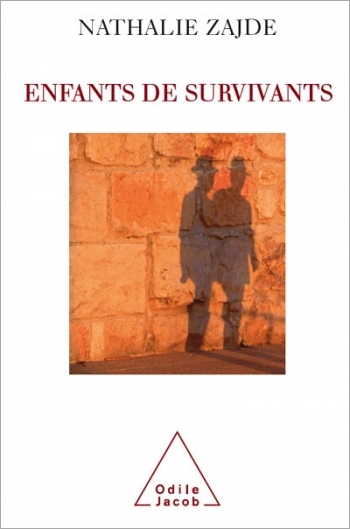Psychoanalysis All books
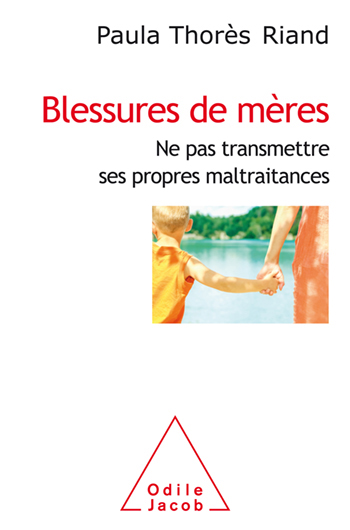
Paula Thorès Riand
Wounds of the Mother Don’t Pass on Your Own Abuse
An analysis of the mechanism that puts into place a mother/child relationship influenced by a complicated mother/daughter relationship.
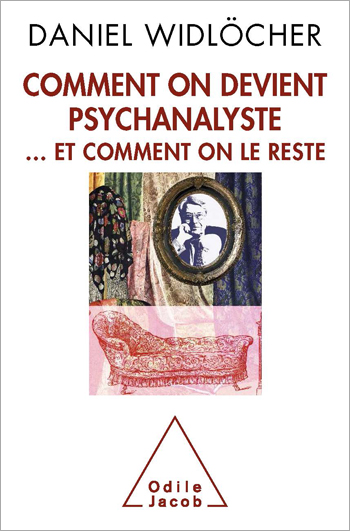
Daniel Widlöcher
How to Become a Psychoanalyst And Not Give Up
A master of psychoanalysis recounts how his career and his thinking made him who he is
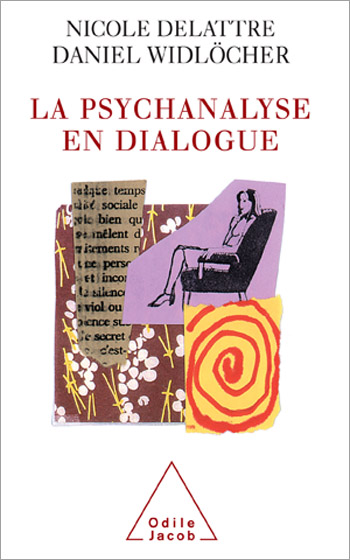
Nicole Delattre, Daniel Widlöcher
Reviewing Psychoanalysis
The task that the authors, Nicole Delattre et Daniel Widlöcher, have set themselves in this book is to take stock of what is useful and reliable in psychoanalysis today. Daniel Widlöcher sets out his view of this unique discipline, and the great concepts that it brings together, in addition to observing its pioneers and different spheres. In particular, he outlines his vision of the future of psychoanalysis, which is presently enjoying a revival. A professor at the University Pierre et Marie Curie, Daniel Widlöcher has for many years headed the psychiatry department at the Salpêtrière Hospital in Paris. He is the president of the International Association of Psychoanalysis and is notably the author of Métapsychologie du sens, of Logiques de la dépression and of Nouvelles Cartes de la psychanalyse. Nicole Delattre is a professor of philosophy
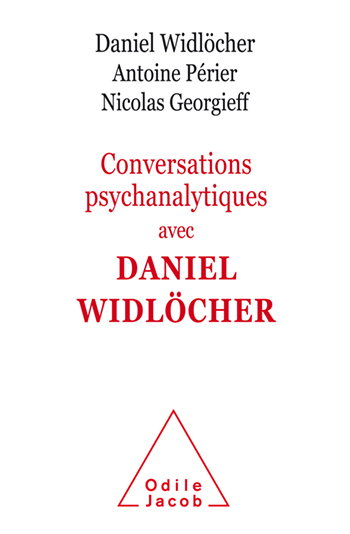
Daniel Widlöcher, Antoine Périer, Nicolas Georgieff
Around Daniel Widlöcher: Psychoanalytical Conversations with Antoine Périer and Nicolas Georgieff
These conversations with Daniel Widlöcher are of particular importance: he is one of the last great figures in French psychoanalysis of the post-war generation.
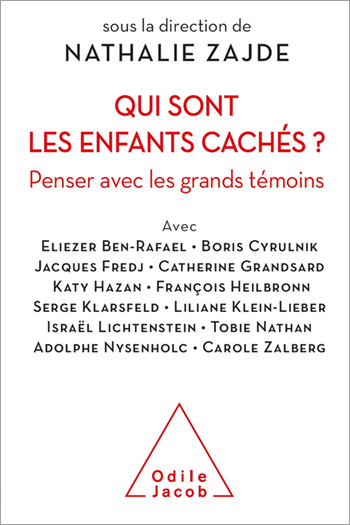
Nathalie Zajde
Who Were the Hidden Children? Thinking With the Major Witnesses
Nathalie Zajde continues to research the psychological trauma and the identity of children who were hidden during the Holocaust
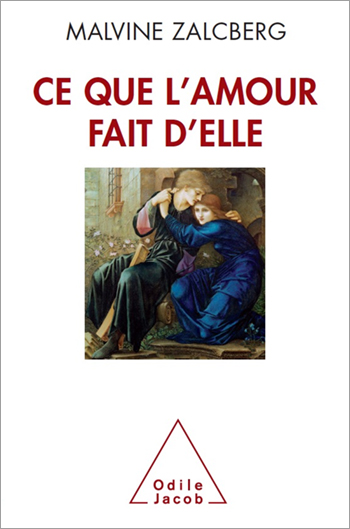
Malvine Zalcberg
Women in Love — What Love Does to Them
Why does love seem to play a more significant role in a woman’s life than in a man’s?
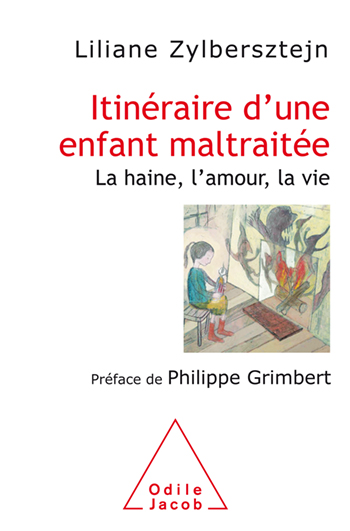
Liliane Zylbersztejn
Itinerary of an Abused Child Hate, love, and life
A powerful testimony enriched with a reflection on children’s psychological defences against abuse. Seen as a positive psychological process, this approach to hatred — an unusual concept — can light the path of many people who consider themselves affected.

